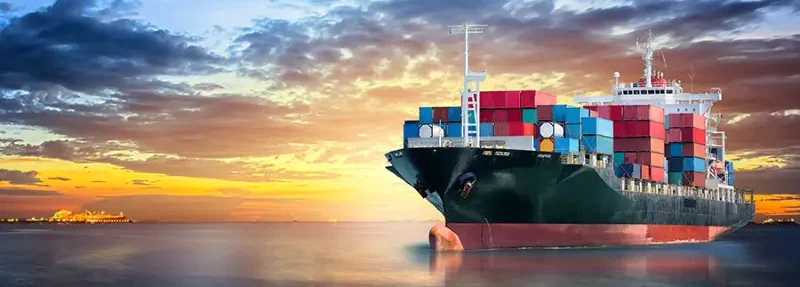How to respond to crisis — Exporter Magazine

Reputation management practitioner Paul Hemsley is questioning advice from an Otago University academic that Fonterra should have issued an initial cautionary recall back in March this year.
Associate professor Dr John Knight says Fonterra did not need to mention unproven fears concerning the nature of the organism in the dairy giant’s milk powder concentrate – fears which were later shown to be based on incorrect information.
According to Knight, Fonterra could have just mentioned there was suspected contamination by an organism that had the potential to cause illness.
“This should have been followed up by rapid, extensive testing to determine the exact nature of the contamination.”
But Hemsley, an associate at Network Communication, says any company in Fonterra’s situation would not have been able to simply issue a cautionary recall without providing further information.
“There’s too much pressure from the media and customers to know more.”
Hemsley says it’s very difficult to comment in detail on a company’s crisis response “when you’re outside the decision-making room”.
“But one of the golden rules with crisis management is to know what you’re dealing with.”
He advises any company trying to handle a potential crisis to “identify what the real issue is, not what people think it is”.
He also recommends companies dust off any existing crisis manual, appoint a cross-functional crisis management team and conduct some crisis simulation desk exercises.
“Make sure the crisis team is not too large, but it has to include people in critical roles in the business such as quality assurance, sales and marketing, supply chain, communication and HR.
“Make sure everything is up to date: especially as people change roles much more frequently now than in the past. You do not want to be scrambling for information while under pressure.”
Dr Knight says that by sounding a strident alarm based on wrong information — essentially ‘crying wolf’ — Fonterra has the potential to weaken response to a genuine crisis some time in the future.
He adds that Fonterra’s mention of a ‘dirty pipe’ conjured up visions of unsanitary conditions and poor manufacturing standard.
“These visions could do lasting damage to New Zealand’s reputation for having control standards as high as anywhere in the world.”
By Ruth Le Pla Email ruth.lepla@xtra.co.nz






